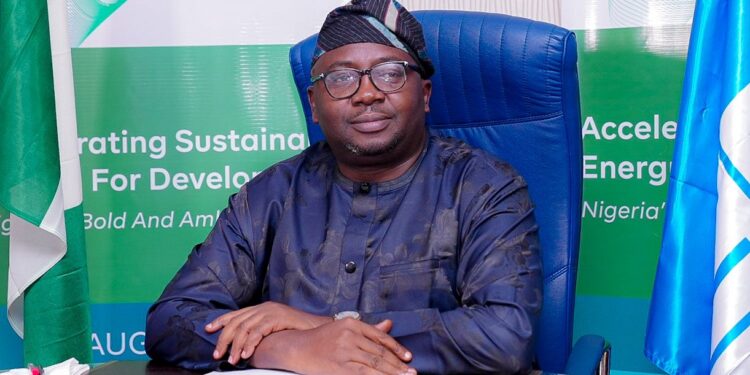In a renewed push to tackle the persistent energy crisis across the continent, the Federal Government of Nigeria is calling for a strategic investment of $32.8 billion aimed at improving electricity access for over 300 million Africans currently living without power. The appeal was made in line with Nigeria’s commitment to regional development and energy inclusion as part of the broader objectives set under the African Union’s Agenda 2063 and the United Nations Sustainable Development Goal 7, which seeks to ensure access to affordable, reliable, sustainable, and modern energy for all.
The Minister of Power, Chief Adebayo Adelabu, disclosed the Federal Government’s ambitious investment drive during a recent international energy summit, where he emphasized the importance of collaborative financing, public-private partnerships, and regional cooperation in addressing Africa’s deepening energy gap. According to him, the $32.8 billion funding is not only necessary but urgent, considering the scale of energy poverty in Sub-Saharan Africa, where Nigeria alone accounts for over 90 million people without reliable electricity.
Chief Adelabu reiterated that Africa’s developmental strides would remain stunted unless the energy deficit is aggressively tackled. He stressed that the proposed investment will focus on expanding grid infrastructure, accelerating renewable energy adoption, supporting off-grid solutions in rural areas, and modernizing existing transmission systems across the continent. The plan also includes investments in clean energy alternatives like solar, wind, and mini-hydro power, which are more viable in remote regions where conventional electricity grids are not economically feasible.
He noted that Nigeria, with its strategic position as Africa’s largest economy and most populous nation, is championing the call for increased international support through multilateral agencies, development banks, and climate finance platforms. The minister further stated that unlocking such capital will require policy consistency, regulatory reforms, and strong institutional frameworks across African countries.
“This is not just about lighting homes,” Chief Adelabu stated. “It is about powering hospitals, schools, businesses, and industries. Without electricity, we cannot lift our people out of poverty or achieve the kind of inclusive growth we all aspire to.”
The Federal Government’s proposal aligns with findings from the International Energy Agency (IEA), which reported that nearly 600 million Africans still lack access to electricity, with most of the affected populations residing in rural and underserved communities. The agency also emphasized that achieving universal electricity access in Africa by 2030 would require annual investments of at least $25 billion to $30 billion, figures that validate Nigeria’s latest appeal.
While Nigeria has made moderate progress through initiatives such as the Rural Electrification Agency’s solar mini-grid projects and the Siemens-backed Presidential Power Initiative, the overall power supply remains far below the demand. Industry experts have therefore welcomed the government’s latest international investment appeal, describing it as a bold and necessary step toward closing the infrastructure gap and driving socioeconomic transformation across the continent.
As stakeholders continue to engage in high-level conversations on energy equity and sustainable development, Nigeria’s position signals a continental call to action, urging both African governments and global partners to rise to the challenge of electrifying a future for the millions still in darkness.
